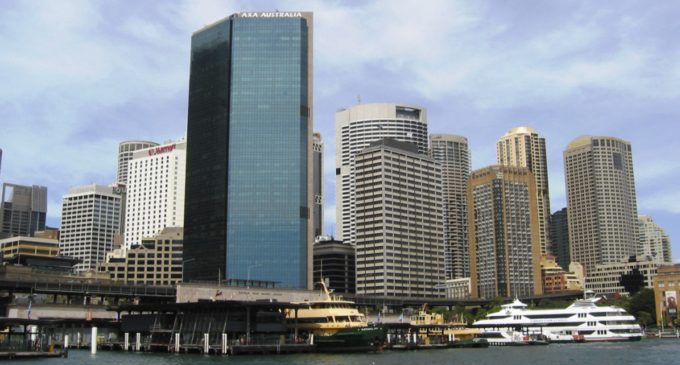At first glance, banks might seem remarkably carbon-clean places, with a footprint little more than the electricity their giant servers consume. However, there is more to it than that. When a bank lends money to a coalmine, or funds a gas peaking station it becomes an indirect contributor to far more that its own global warming.
Boston Common Asset Management released a report confirming, “Less than half of banks surveyed (49 per cent) are implementing risk assessments or two-degree risk analysis – which means decision-making on many banks’ portfolios is not supported by robust data”.
Moreover, only 53% of banks surveyed “engage carbon-intensive clients on low-carbon transition plans, and only two have asked clients to report on climate risk as recommended by the Task Force on Climate-Related Financial Disclosures (TCFD). The TCFD would like to see banks do two-degree analyses, and set low carbon targets for products and services.
However, Stuart Palmer, head of Ethics Research at Australian Ethical Investment believes some Australia banks are doing better than most. All four big banks have committed to the goal of limiting global warming to two degrees. In June 2017, Westpac ceased supporting new thermal coal projects. Five months later, the Commonwealth Bank of Australia chair announced coal funding was “likely to decline”.
To read the full article, click here.
Image Acknowledgement: Sydney CBD

